Sustainable Energy Systems and Applications
Autor Ibrahim Dincer, Calin Zamfirescuen Limba Engleză Paperback – 23 aug 2016
| Toate formatele și edițiile | Preț | Express |
|---|---|---|
| Paperback (1) | 666.73 lei 6-8 săpt. | |
| Springer Us – 23 aug 2016 | 666.73 lei 6-8 săpt. | |
| Hardback (1) | 725.96 lei 6-8 săpt. | |
| Springer Us – 5 noi 2011 | 725.96 lei 6-8 săpt. |
Preț: 666.73 lei
Preț vechi: 784.39 lei
-15% Nou
Puncte Express: 1000
Preț estimativ în valută:
127.64€ • 133.18$ • 106.99£
127.64€ • 133.18$ • 106.99£
Carte tipărită la comandă
Livrare economică 12-26 martie
Preluare comenzi: 021 569.72.76
Specificații
ISBN-13: 9781489977762
ISBN-10: 1489977767
Pagini: 836
Ilustrații: XVII, 816 p.
Dimensiuni: 155 x 235 x 42 mm
Greutate: 1.15 kg
Ediția:Softcover reprint of the original 1st ed. 2012
Editura: Springer Us
Colecția Springer
Locul publicării:New York, NY, United States
ISBN-10: 1489977767
Pagini: 836
Ilustrații: XVII, 816 p.
Dimensiuni: 155 x 235 x 42 mm
Greutate: 1.15 kg
Ediția:Softcover reprint of the original 1st ed. 2012
Editura: Springer Us
Colecția Springer
Locul publicării:New York, NY, United States
Cuprins
Thermodynamic fundamentals.- Introductory aspects of energy.- Energy conservation.- Fundamental concepts for sustainable process design.- Thermodynamic cycles.- Thermal and chemical devices.- Fossil fuels vs clean fuels.- Direct energy conversion.- System analysis through energy and exergy.- Renewable energy systems and applications.- Thermal energy storage systems and applications.- District energy systems.- Nuclear energy.- Hydrogen and fuel cell systems and applications.- Ammonia as a potential substance.- CO2 technologies.- Life cycle assessment.- Industrial ecology.- Sectoral energy and exergy utilization.- Sustainable energy policies.- Global warming and climate change issues and potential solutions.
Textul de pe ultima copertă
Sustainable Energy Systems and Applications presents analyses of sustainable energy systems and their applications, providing new understandings, methodologies, models and applications along with descriptions of several illustrative examples and case studies. This textbook aims to address key pillars in the field, such as: better efficiency, cost effectiveness, use of energy resources, environment, energy security, and sustainable development. It also includes some cutting-edge topics, such as hydrogen and fuel cells, renewable, clean combustion technologies, CO2 abatement technologies, and some potential tools for design, analysis and performance improvement. The book also:
- Discusses producing energy by increasing systems efficiency in generation, conversion, transportation and consumption
- Analyzes the conversion of fossil fuels to clean fuels for limiting pollution and creating a better environment
Caracteristici
First comprehensive textbook on sustainable energy, includes study problems, illustrative examples, case studies, and practical applications Addresses current energetic, environmental and sustainability issues and brings potential solutions Suits the course curricula Provides a precise/concise and right to the point approach Discusses producing energy by increasing the systems efficiency at generation, conversion, transportation and consumption Discusses the conversion of fossil fuels to clean fuels for limiting the pollution and a better environment Detailed discussion on using ammonia as a potential fuel for transportation and remote applications Provides some key models, methods, techniques, correlations, graphs, etc for design, analysis and performance improvement Shows how to use efficient and effective energy storage for energy savings and improved generation efficiency Includes supplementary material: sn.pub/extras
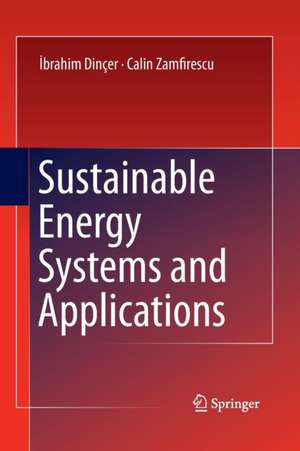
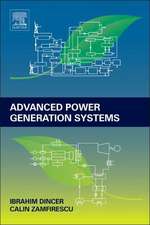
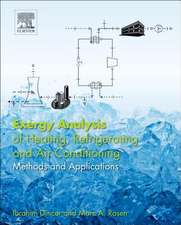
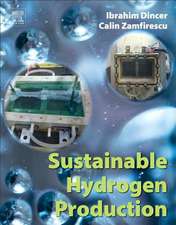
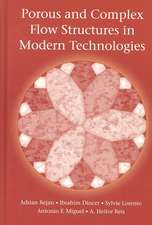

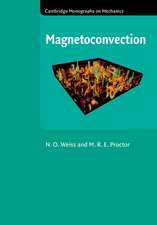
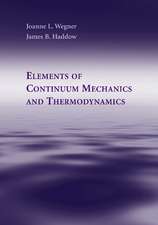
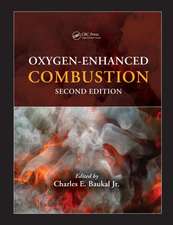
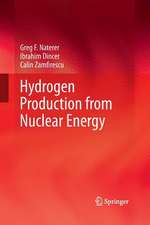


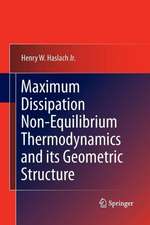
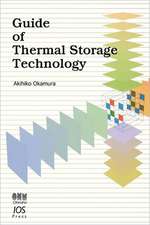
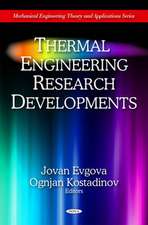
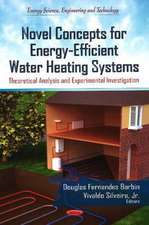

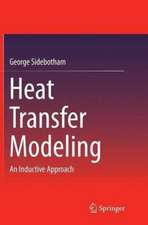
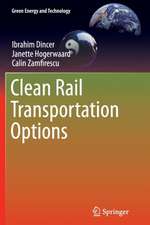
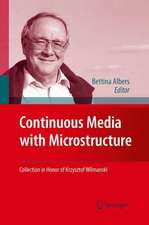
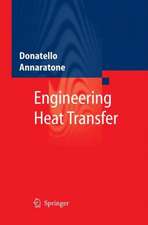
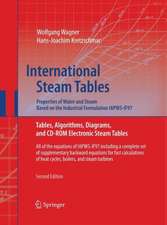
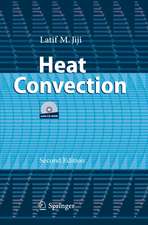
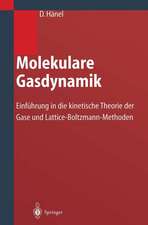

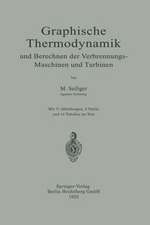
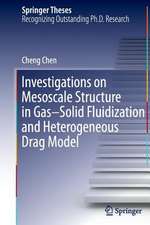
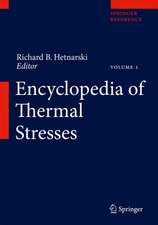
![Molecular Thermodynamics of Electrolyte Solutions [With CDROM]](https://i3.books-express.ro/bt/9789812814180/molecular-thermodynamics-of-electrolyte-solutions-with-cdrom.jpg)